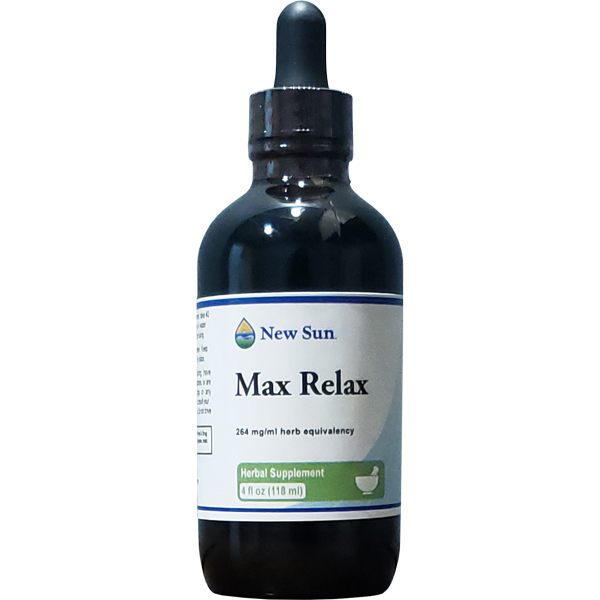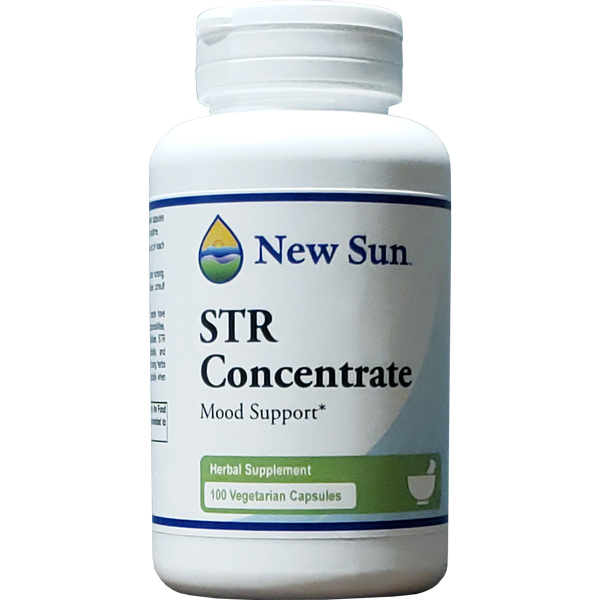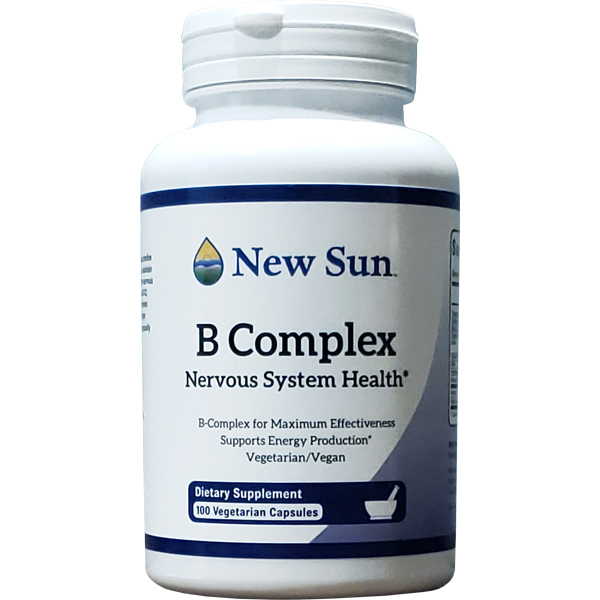 Do you feel more tired than usual —finding it difficult to get out of bed in the morning, then reaching for that third (or fourth) cup of coffee as the day wears on? Have you noticed that you don’t have the same zest for life that you used to? Are you experiencing puffiness in your face, weight gain, and sluggishness? Or are you losing weight, despite eating normally and feel like you’re always “on edge” and anxious?
Do you feel more tired than usual —finding it difficult to get out of bed in the morning, then reaching for that third (or fourth) cup of coffee as the day wears on? Have you noticed that you don’t have the same zest for life that you used to? Are you experiencing puffiness in your face, weight gain, and sluggishness? Or are you losing weight, despite eating normally and feel like you’re always “on edge” and anxious?
All of these can be symptoms of a thyroid disorder. The thyroid is a butterfly-shaped gland found on the low front of the neck. This small-but-mighty gland is only about the size of two thumbs, but it secretes hormones that affect nearly every organ in the body and regulate important functions such as growth and development, heart rate, weight, digestion, and mood. Taking steps to promote a healthy, happy thyroid is essential to keeping our bodies and ourselves healthy and happy, too.
The Thyroid: What Can Go Wrong?
It’s estimated that about 20 million people in the US have some type of thyroid disorder, but up to 60 percent are unaware that they do. Women are eight times more likely than men to have a thyroid disorder, and one woman in eight will develop a thyroid disorder in her lifetime. While there are many different types of thyroid disorders, the two most common are hyperthyroidism and hypothyroidism.
Hyperthyroidism occurs when the thyroid gland is overactive and produces more hormones than your body needs. When you have hyperthyroidism, you may experience irritability, weight loss, a racing heart, anxiety, and increased sweating.
- Graves’ disease is the most common cause of hyperthyroidism in the US. Graves’ is an autoimmune disease in which the immune system attacks the thyroid gland, causing it to produce too many hormones. Graves’ is a hereditary disease and can occur in both men and women, but is most common in women ages 20-30.
Hypothyroidism occurs when the thyroid is underactive, producing fewer hormones than your body needs. It can cause symptoms such as memory loss, depression, weight gain, feeling weak, constipation, and a slow heart rate.
- Hashimoto’s thyroiditis is the most common cause of hypothyroidism. Hashimoto’s is an autoimmune disease that causes chronic inflammation of the thyroid, and the thyroid is unable to produce enough hormones for the body. Hashimoto’s is slow to develop, and symptoms can take years to present themselves, so people can be suffering from it and not even know it.
Hashimoto’s is often not properly diagnosed because its symptoms — such as mood swings, feeling chronically tired, and gaining weight — can be attributed to other health issues. If you are exhibiting symptoms of hypothyroidism, ask your doctor to run a complete panel of thyroid-stimulating hormone (TSH) levels and to check for Free T4, Free T3, Reverse T3, and Reverse T4 hormone levels, TPO levels, and thyroid anti-bodies. Be sure that your doctor is using optimal range references when comparing your levels to “normal” levels — studies have shown that sometimes the “normal” ranges doctors are comparing to yours use results from people who have had a thyroid dysfunction!
What You Can Do To Support Your Thyroid
While there is no known cure for hypo- or hyperthyroidism, you can take steps to alleviate the symptoms and help your body be as healthy as possible. First, be sure you’re getting an adequate amount of iodine, which is essential for normal thyroid functioning. (Most people in the US get enough iodine since it’s added to table salt.)
Next, consume a healthy diet. Eat plenty of fruits, veggies, nuts, and whole grains. Choose lean protein that comes from fish or beans. Cook with healthy fats like olive and coconut oil, and avoid saturated fats, trans fats, hydrogenated oils, and simple carbs such as white flour. Avoid sugary and processed foods. It’s also recommended that people on thyroid hormone medication limit soy protein; large amounts of soy have been shown to interfere with the absorption of the thyroid hormone.
Finally, consider taking a supplement that will help maintain healthy thyroid functioning. Thyroid Health is a natural supplement that can help balance hormones, aid with detoxification, help regulate metabolism, and balance mood.
If you’re experiencing symptoms related to thyroid dysfunction, contact your doctor to schedule testing, and call us to learn more about healthy, all-natural ways you can help support your thyroid. At New Sun, we believe our bodies were created to be healthy — not ridden with disease and illness. Let us help you feel better, naturally!




